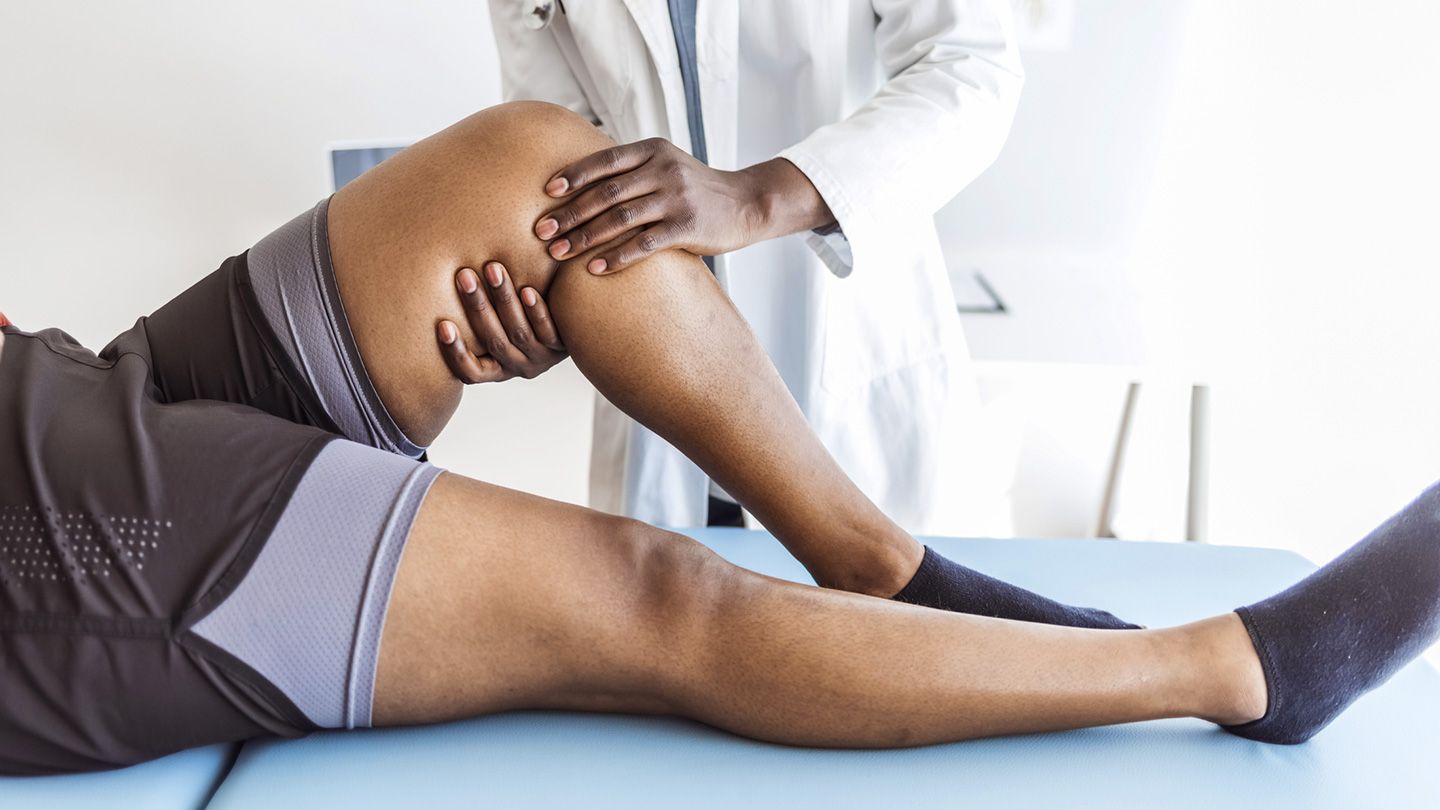
Any joint pain is serious when it prevents you from doing the activities of daily living. If rest, ice, and elevation fail to work that should tell you that the patellofemoral joint needs medical attention. Pay attention to symptoms like swelling of the patellofemoral joint especially if it prevents you from locking your knee joint in flexion or extension. When going upstairs and you find that the joint pain shows a marked increase your symptoms are serious. More noticeable symptoms would be if your knee gives out making it more difficult to bear weight. How many symptoms does it take to make you aware of a serious health issue? You should probably have already sought medical advice. Fever is another thing to be cognizant of when having knee joint pain. Another major concern would be clotting behind the patellofemoral joint. Pain is bad but pay close attention to the red flags of joint pain as it may be a symptom of a more serious condition. Knee pain that goes untreated will only get worse and no one should continue with knee pain.
Table of Contents
4 Main Causes of Knee Pain
Arthritis or Degenerative Joint Disease
Arthritis is the most common cause of patient visits to their doctor for knee pain. When the knee joint is painful you can expect a lack of mobility that increases the wearing away of the end plates of the femur and tibia. When Advil and Aleve stop working you are flirting with a degenerative joint. Arthritis is pain and swelling that will get worse unless you seek medical attention. Please see your doctor it usually does not go away by itself! If you are interested to learn more about it, read more here.
Trauma from Sports Injuries
You do not have to be a doctor to understand that an injury needs immediate medical attention. Ruling out tears and fractures is really important as close to the time of injury to obtain the best outcomes. If it hurts after an injury go to your doctor. Suppose that you have a blood clot. You may need an MRI, and a doctor has to order it. If the joint is unstable you can do much more damage. Even if there is no damage to the cartilage in the knee joint knowing so allows for faster resolution. I hope this appeals to your common sense.
Autoimmune Related Knee Pain
Rheumatoid Arthritis is the most common cause of chronic knee pain, Lupus would be the second most common reason for joint pain. Autoimmune disease is when your body attacks itself. Blood tests will reveal these to be the cause due to autoimmune joint pain. This is harder to treat and you need to be proactive and get to your doctor asap. Ruling out joint pain due to autoimmune factors requires you to be diligent. Creams or vitamins will not help the pain associated with auto-immune degenerative joint disease. Do not ignore pain, your life is difficult enough when your health is threatened by Lupus or Rheumatoid.
Bursitis and tendinitis
Bursitis is inflammation of one of the 11 bursae in the knee joint. A bursa is a fluid-filled sac that acts as a cushion between muscles, tendons, bones, and ligaments. Chronic stress will irritate the bursa and make it more difficult to move freely, hence more pain.
Tendinitis is an inflamed tendon usually from something like Lupus, Rheumatoid, or overuse syndromes. Look for swelling, bumpy nodules, and a loss of normal mobility. See your doctor!
What you can do for yourself to help a degenerative knee
You can start by losing weight. Obesity only makes every health issue more complicated. You may need to walk instead of running. Stop relying on short-term fixes like Advil or Aleve. See your healthcare provider on a regular basis. Approach your knee pain with common sense and learn to be healthy. Naurally, if you have any questions about knee pain give us a call 203-656-3636.